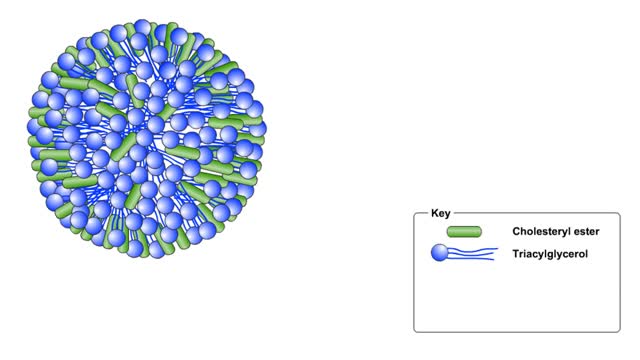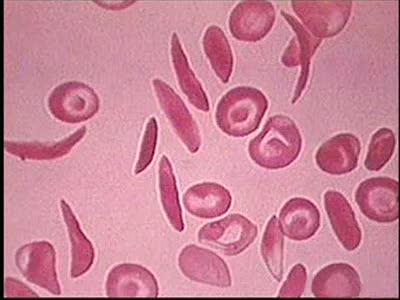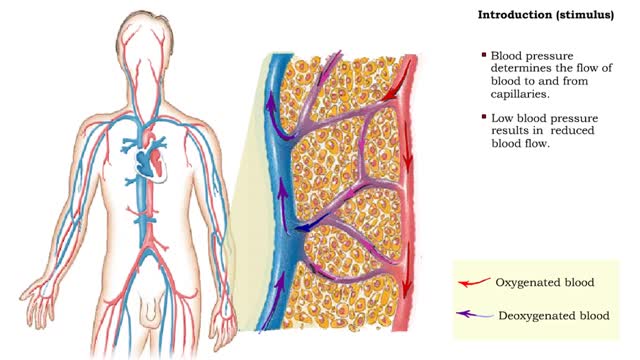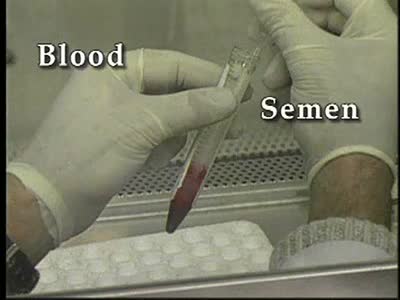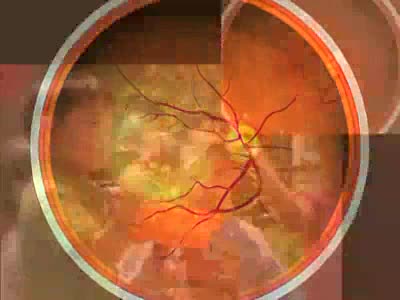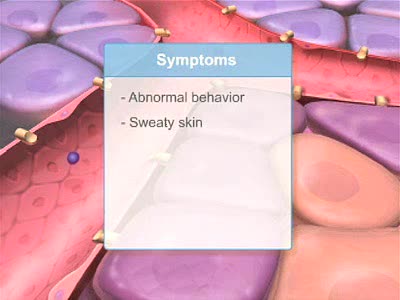Search Results
Results for: 'Introduction to Photolithography'
What is Cholesterols? Introduction to Lipoproteins
By: HWC, Views: 10815
✔ https://HomeworkClinic.com ✔ https://Videos.HomeworkClinic.com ✔ Ask questions here: https://HomeworkClinic.com/Ask Follow us: ▶ Facebook: https://www.facebook.com/HomeworkClinic ▶ Review Us: https://trustpilot.com/review/homeworkclinic.com Cholesterol is a type of fat fo...
Introduction to Sickle Cell Anemia
By: Administrator, Views: 15218
Sickle cell anemia (sickle cell disease) is a disorder of the blood caused by an inherited abnormal hemoglobin (the oxygen-carrying protein within the red blood cells). The abnormal hemoglobin causes distorted (sickled appearing under a microscope) red blood cells.
By: HWC, Views: 11410
• Blood pressure determines the flow of blood to and from capillaries. • Low blood pressure results in reduced blood flow. • High blood pressure can cause blood vessels to break. In humans, sensitivity is due to portions of the nervous system called receptors. Receptors are typicall...
Introduction to Human Immunodeficiency Virus (HIV)
By: Administrator, Views: 14633
Human immunodeficiency virus gains entry into helper T cells, uses the cell DNA to replicate, interferes with normal function of the T cells, and destroys the normal cells. 1 in 10 persons with AIDS: age 50 or older. 4% of all AIDS cases: age 65 or older. AIDS’ main form of treatment: an...
Introduction to Macular Degeneration
By: Administrator, Views: 14753
Macular degeneration An incurable, age-related, progressive eye disease that affects more than 10 million Americans. Leading cause of blindness for those ages 55 and older. Macular degeneration For the first time, researchers have linked gene defects to macular degeneration. Could lead to ...
By: Administrator, Views: 14946
Hyposecretion or inadequate use of insulin may result in diabetes mellitus (DM). Hypersecretion of insulin may result in hyperinsulinism. Diabetes mellitus is the most common endocrine system disorder of childhood. Symptoms include: Polyuria Polydipsia Polyphagia Management of DM durin...
By: Administrator, Views: 16052
The islets of Langerhans are composed of three major types of cells: Alpha cells secrete glucagon, elevating blood sugar. Beta cells secrete insulin, maintaining normal blood sugar. Delta cells secrete somatostatin, which suppresses release of glucagon and insulin. Hyposecretion or inadequa...
By: Administrator, Views: 496
Caesarean section, also known as C-section, or caesarean delivery, is the use of surgery to deliver babies. A caesarean section is often necessary when a vaginal delivery would put the baby or mother at risk. This may include obstructed labor, twin pregnancy, high blood pressure in the mother, br...
Introduction to Erectile Dysfunction
By: Administrator, Views: 398
Erectile dysfunction (ED), also known as impotence, is a type of sexual dysfunction characterized by the inability to develop or maintain an erection of the penis during sexual activity. Erectile dysfunction can have psychological consequences as it can be tied to relationship difficulties and se...
Advertisement



